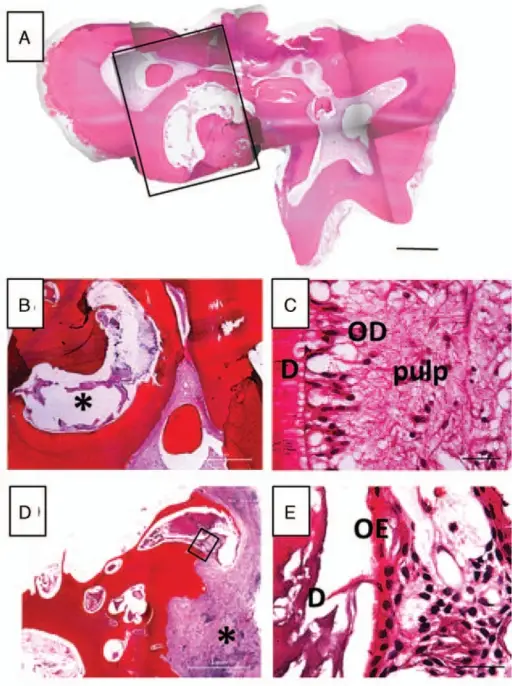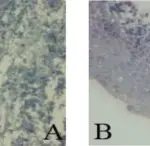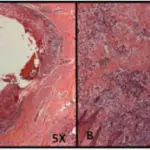Complex odontoma is a common odontogenic tumor, and it is usually a hard painless mass, which rarely exceeds the diameter of the tooth. Most of these lesions are discovered accidentally on radiographic examination.
What is the Pathology of Complex Odontoma?
The pathology of a complex odontoma is:
-Etiology: The cause of complex odontoma is local trauma, inflammatory and/or infectious processes, and hereditary anomalies.
-Genes involved: None.
-Pathogenesis: The sequence of events that lead to complex odontoma growth of completely differentiated epithelial and mesenchymal cells that give rise to ameloblasts and odontoblasts.
-Histology: The histology associated with complex odontoma shows the more disorganized or haphazard arrangement of pulpal tissues, enamel, or dentin.
How does Complex Odontoma Present?
Patients with complex odontoma typically affect males and females present in the age range of 05-50 years. The symptoms, features, and clinical findings associated with complex odontoma include they are usually asymptomatic.
How is Complex Odontoma Diagnosed?
Complex odontoma is diagnosed clinical, radiologic, and pathologic correlation
How is Complex Odontoma Treated?
Complex odontoma is treated by excision.
What is the Prognosis of Complex Odontoma?
The prognosis of a complex odontoma is good.



